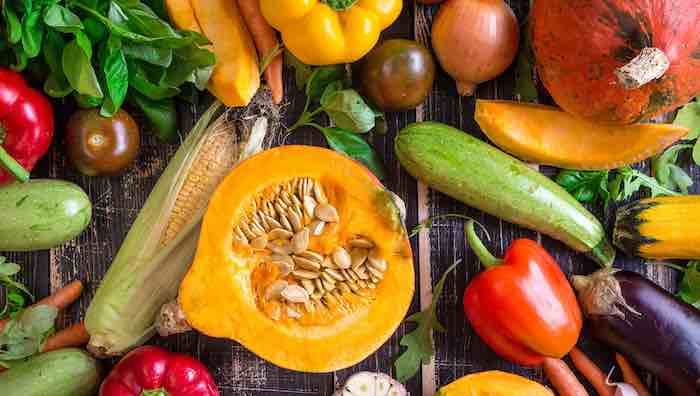
Monday morning. Snow covers the ground. Loathe to throw back the bed covers, you need an excuse for not making it into work. Contact the employer claiming a severe case of chionophobia, or fear of snow. Note: if you are Canadian, you may not be believed.
Diversion No. 1
A study led by the University of Plymouth suggests the reason some seedlings are more commonly eaten by slugs and snails may be down to the smells produced by the young seedlings in the early stages of their development, researchers announced in
Annals of Botany.
It is not the cold that kills overwintering perennials. Its exposure to cycles of freeze-thaw, freeze-thaw of the top few centimetres of soil. This 'frost-heaving' pushes the perennial crowns into the open with dire results. A winter-long snow blanket protects against such calamities--nature's mulch. Unfortunately in some of the zones harbouring the most enthusiastic gardening practitioners, reliable snow cover is a thing of the past--if it ever was. It is not too late to remedy this. As a substitute for snow, Christmas tree branches can be recycled. Or, if you can find them, straw bales (not hay, which will be full of weed seeds), or even aged compost.
Diversion No. 2
Oil from garlic and several other common herbs and medicinal plants show strong activity against the bacterium that causes Lyme disease, according to a study by researchers at Johns Hopkins Bloomberg School of Public Health, published in the journal
Antibiotics.
Lawns may look as dead as dead can be. Come spring though they will green up again--unless the frozen turf is regularly walked over. Unfortunately, mail and flyer delivery personnel seem oblivious of this. Block short-cutting tromps with a temporary fence of stakes and string. The post office supposedly responds to such complaints. The source of the flyers is usually undetermined.
Diversion No. 3
Kelloggs used rejected cornflakes to make beer in a bid to cut down food waste, revealed
The Daily Telegraph. 'Throw Away IPA,' made by Seven Bro7thers Brewery in Manchester, UK uses "upcycled" cornflakes which are too big, too small or overcooked to go in a box of breakfast cereal as a proportion of the wheat grain which goes into beer.
It's time to stop defending Brussel sprouts--and let them speak for themselves, headlines
The Washington Post. Asks Becky Krystal, "Why must we always focus on why people don't, instead of do, like them?" Mostly, it is in the cropping, harvesting and cooking. Brussel sprouts (
Brassica oleracea var.
gemmifera to be formal). Exposed to heavy frosts, they react by breaking down complex carbohydrates into simple sugars, so are more flavourful, less bitter. U.S. production centers on California, not exactly famed from frosts. Traditional British boiling makes for a soggy, flavourless mush. Better methods are steaming or roasting. Other brassicas that respond to frosts are collards and kale. Indeed, the latter grows well into winter down to -15ºC. The ornamental kale, used as fall and early winter décor, is also edible--just. Root vegetables such as leeks, parsnips and carrots exposed to frost also become sweeter.
Diversion No. 4
A landscaper smeared in maple syrup secretly recorded sex with a colleague, say police. Robert Somley, a 52-year-old landscaper, smeared himself in maple syrup during a break while working at a Monroe, Connecticut home to watch porn and then secretly recorded himself having sex with a female co-worker when she joined in the slick scene, adding blueberry jelly, according to a report in the
Connecticut Post.
Indoors, cease fertilizing all foliage plants despite importuning of the manufacturers. Shorter days, lower light and general poor growing conditions discourage flourishing plants and new growth in particular. The only exception is for blooming plants presently in flower or bud. Water requirements, especial for larger specimens, may also become reduced. This can easily result in overwatering.
 Monday morning. Snow covers the ground. Loathe to throw back the bed covers, you need an excuse for not making it into work. Contact the employer claiming a severe case of chionophobia, or fear of snow. Note: if you are Canadian, you may not be believed.
Monday morning. Snow covers the ground. Loathe to throw back the bed covers, you need an excuse for not making it into work. Contact the employer claiming a severe case of chionophobia, or fear of snow. Note: if you are Canadian, you may not be believed.